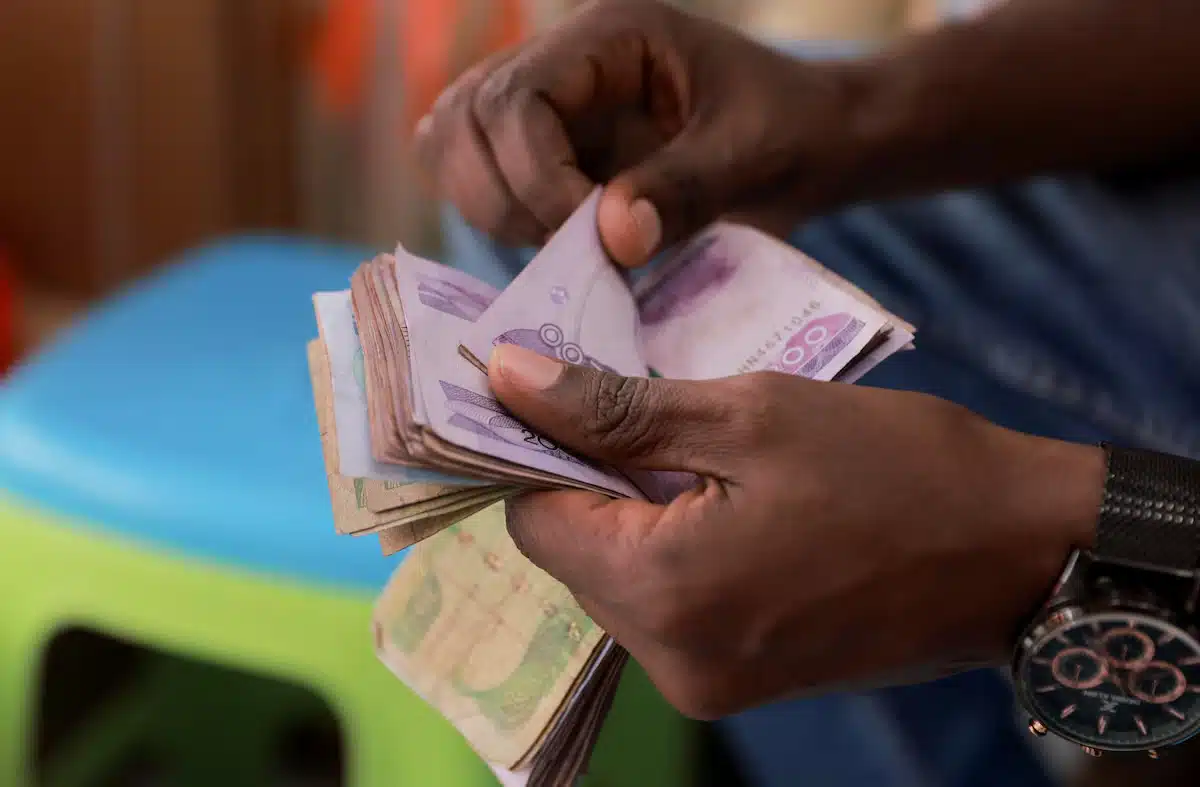Ethiopia’s birr, Africa’s weakest-performing currency in the first eight months of 2025, is expected to strengthen in the coming months following a sustained rise in gold exports and ongoing economic reforms.
This projection comes just days after the World Bank reported that South Sudan and Ethiopia were Africa’s weakest-performing currencies this year.
Eyob Tekalign, the new governor of the National Bank of Ethiopia (NBE), said in an interview with Bloomberg on Wednesday that the public should expect a turnaround. “For those banking on just depreciation, I would just say re-look at your playbook,” he said, hinting at renewed confidence in the local currency.
The birr has lost nearly two-thirds of its value since the government floated the exchange rate in late July, but authorities believe the decline is temporary. The currency’s weakness had been driven by foreign exchange shortages and inflationary pressures, but an improvement in export earnings, especially from gold, has begun to support the external position.
Gold shipments overtook coffee for the first time in the fiscal year through July 7, reaching $3.5 billion, up from $409 million a year earlier, according to the country’s Prime Minister Abiy Ahmed.
Coffee exports also rose to $2.65 billion from $1.4 billion. The surge was attributed to the resumption of operations at Midroc Gold Mine Plc and better incentives for small-scale miners, which helped reduce smuggling and channel more gold through official routes.
The rise in export earnings comes as Ethiopia implements a series of IMF-backed reforms aimed at liberalising the foreign exchange market, curbing inflation, and enhancing industrial competitiveness.
These measures have started narrowing the gap between the official and parallel exchange rates and easing market distortions that long hindered investment and trade.
Tekalign, who previously served as state minister for finance, said the reforms were already changing behaviour among exporters. “Exporters were not getting the full price of their exports. There was a lot of informal activity and third-party exports through neighbouring countries,” he noted.
Improved access to foreign exchange has also supported manufacturing, with factory capacity utilisation rising to about 60% as imported raw materials and equipment became more accessible.
A stronger external position has bolstered Ethiopia’s credibility in ongoing debt-restructuring talks with holders of its $1 billion eurobond, some of whom had earlier viewed government projections as overly optimistic.
According to the World Bank’s latest Africa’s Pulse report, the Ethiopian birr and the South Sudanese pound, each lost more than 10% of their value.
The report noted that while Ethiopia’s market liberalisation efforts were showing progress, they were also “being tested by a surge in the parallel premium” as businesses faced limited formal access to dollars.
In response, the central bank has introduced new measures, including public disclosure and capping of banks’ foreign exchange fees, alongside higher limits on dollar sales for imports, business travel, and personal use — steps aimed at restoring stability and confidence in the birr.








